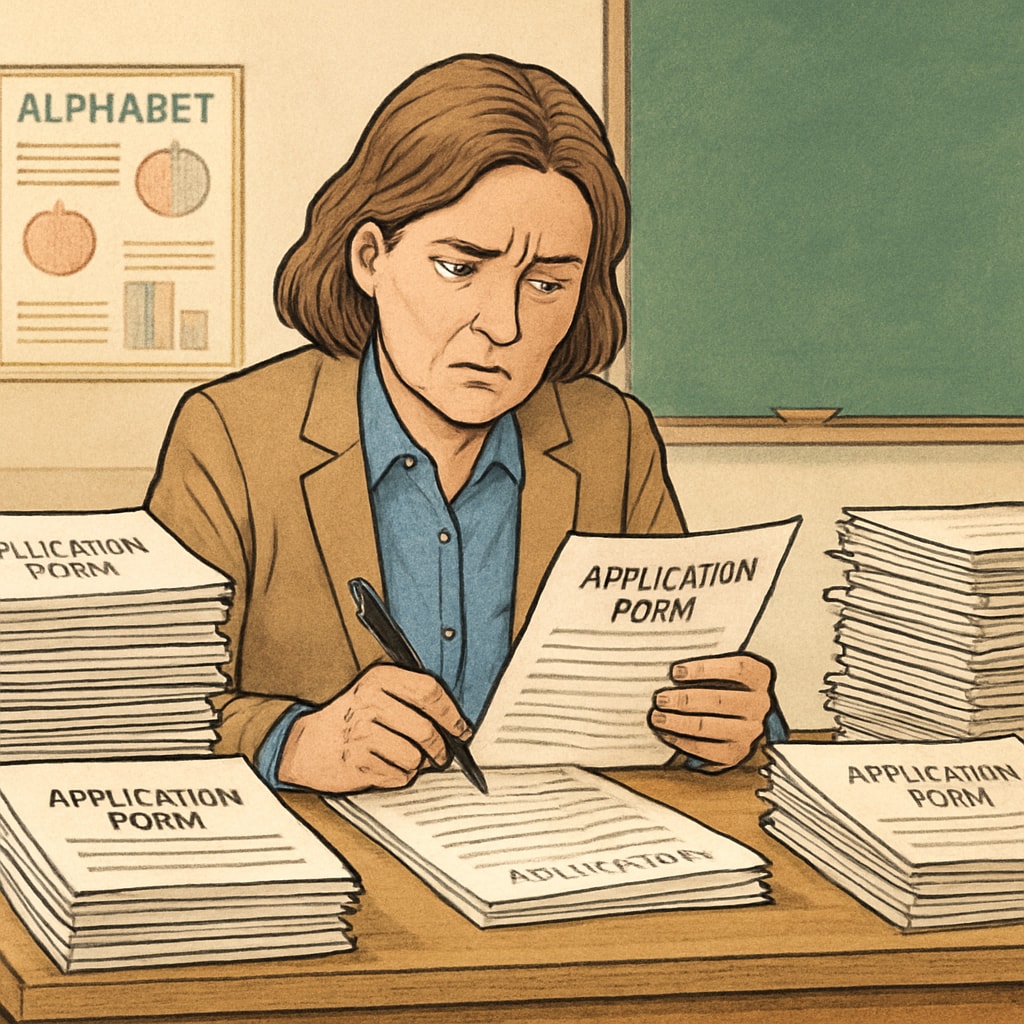Oklahoma has recently introduced a controversial policy requiring political ideology testing as part of its teacher application process for out-of-state educators. This unprecedented move has drawn attention from across the country, raising questions about the balance between ideological neutrality and educational diversity. While proponents argue that it ensures alignment with state values, critics warn of its potential to exclude qualified educators who bring broader perspectives. This article delves into the motivations behind this policy, its potential consequences, and the broader implications for education in a politically polarized era.
Motivations Behind Political Ideology Testing
Oklahoma’s decision to integrate political ideology testing into teacher applications stems from concerns about preserving state values and ensuring educators align with community expectations. In recent years, debates over curriculum content, classroom discussions, and teachers’ roles in shaping student perspectives have become increasingly contentious. As a result, some states, including Oklahoma, feel the need to introduce measures that reflect their ideological stance. However, questions remain: Is this truly about educational quality, or does it serve to filter out dissenting views?

Supporters of the policy argue that it helps maintain consistency within the state’s educational system. They claim that ideological alignment is crucial for fostering a cohesive learning environment. However, opponents highlight the risks of creating echo chambers that stifle critical thinking and exclude teachers who could enrich students’ perspectives with diverse viewpoints.
Potential Impacts on Teacher Recruitment
One of the most significant concerns regarding this policy is its impact on attracting qualified educators. Out-of-state teachers often bring unique experiences and methodologies that can benefit local schools. However, a political screening process may deter these applicants, especially if they perceive the test to be overly intrusive or biased. This could lead to a narrowing of the applicant pool, exacerbating existing teacher shortages.

Moreover, the policy risks alienating educators who may feel their personal beliefs are under scrutiny. Teaching is fundamentally about fostering inquiry and exploration, and many argue that imposing political tests undermines these principles. As a result, the policy could unintentionally discourage innovation and creativity in the classroom.
Balancing Ideological Neutrality and Educational Diversity
The introduction of political ideology testing in Oklahoma raises broader questions about the role of politics in education. Should states have the authority to filter educators based on their political beliefs? Or does this encroach upon the fundamental principles of academic freedom and diversity?
Striking a balance is essential. On one hand, states have the right to craft policies that reflect their values and priorities. On the other, education thrives on a diversity of thought and perspectives. Policies that prioritize ideological conformity risk creating homogeneity, which can be detrimental to students’ development as informed and critical thinkers.
In addition, this policy sets a precedent that other states may follow. If political ideology testing becomes widespread, the national educational landscape could grow increasingly fragmented, with educators forced to conform to regional ideologies rather than focusing on universal teaching standards.
Conclusion
Oklahoma’s new policy on political ideology testing for teacher applications has sparked significant debate. While its proponents argue it safeguards state values, critics warn of its impact on diversity, recruitment, and academic freedom. As education continues to be influenced by broader societal polarization, it is crucial to consider whether such measures truly serve students or merely reflect political agendas. Striking a balance between ideological neutrality and diversity will be essential for ensuring a robust and inclusive educational system moving forward.
Readability guidance: The article uses concise paragraphs and clear transitions to enhance readability. It avoids excessive jargon while maintaining a professional tone. Lists and images are strategically placed to break up dense content and support key points.


